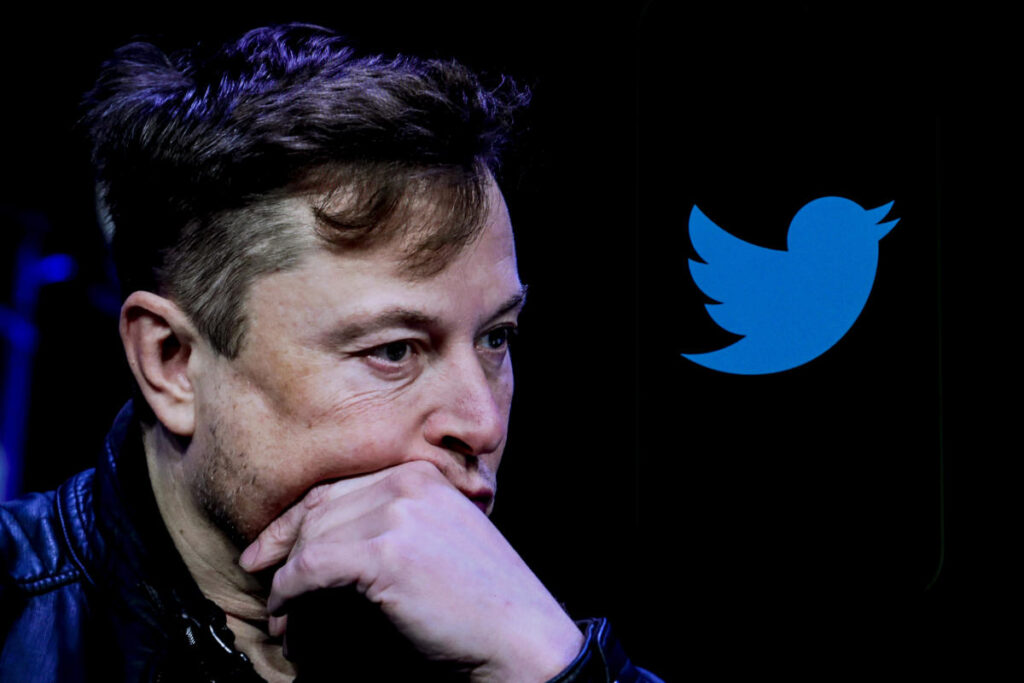As per reports, Twitter’s Brussels office has been closed. According to reports, Twitter’s Brussels office has been closed, which may make it more challenging for it to comply with new European Union rules governing content moderation.

The office had less than ten employees, but despite its tiny size, the office was crucial because of its connections to the EU. After Musk took over, the Brussels office staff was reduced from six to two. Last Monday, Twitter’s last two remaining public policy executives, Julia Mozer and Dario La Nasa, left the company completely dissolving the Brussels office.
They may have quit the company or been dismissed, but they left after Musk gave his employees an ultimatum, asking employees to work “long hours at a high intensity” or face termination with three months’ worth of severance compensation.
Read More: Elon Musk Blames ‘Activists’ for His Twitter Moderation Council Lie
Mozer and La Nasa were in charge of Twitter’s public policy in Europe. They were in charge of making sure Twitter conforms with both the Digital Services Act and the EU’s disinformation guidelines. More control over how platforms censor material and when tech corporations must remove unlawful content is granted to EU governments as a result of the new law.
The platforms will have to be open about the factors that go into their content moderation choices. If a user’s content is taken down or accessibility to it is restricted, they have the right to appeal the moderation decision. Twitter might face severe penalties if it doesn’t follow the DSA’s regulations.
Regulators have the power to penalize Twitter up to 6% of its annual global revenue or even shut it down completely. Musk has been cautioned by Thierry Breton, the EU’s commissioner for the internal market, that Twitter must adhere to the bloc’s content laws.
Two significant pieces of digital legislation that will establish previously unheard-of criteria for the accountability of digital companies operating in a free and vibrant digital market were adopted by the European Parliament in July of this year. Mass layoffs at Twitter, meanwhile, have already concerned the Commission and prompted Brussels to become more confrontational with Twitter.
The EU vice-president in charge of the disinformation code, Vera Jourova, expressed alarm about the closure of the Brussels office to the Financial Times. She noted, “If you want to effectively detect and take action against disinformation and propaganda, this requires resources. Especially in the context of Russian disinformation warfare, I expect Twitter to fully respect the EU law and honor its commitments.”
Since Musk took over, concerns about increased levels of misinformation on the network have intensified, especially since he made it possible for anybody to get a verified tag for $8. This resulted in trolls posing as Tony Blair, George W. Bush, and other public figures as well as corporations like Nintendo and McDonald’s. Musk has since put the paid verification program on hold, but he’ll probably resume it soon.
While this is going on, several Democratic senators have requested the FTC to investigate if Twitter has broken any consumer protection laws or a consent order with the agency. The latter mandates Twitter to examine new features for any privacy concerns, among other things.
According to a report from earlier this month, Twitter engineers must “self-certify” that they are abiding by FTC guidelines and other regulations. In a recent statement, the FTC stated that it is “tracking recent developments at Twitter with deep concern.”

I am a law graduate from NLU Lucknow. I have a flair for creative writing and hence in my free time work as a freelance content writer.